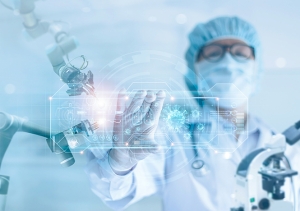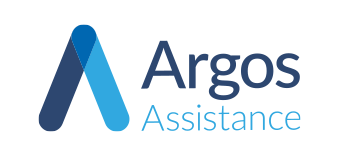
The pros and cons of AI in healthcare.
The use of Artificial Intelligence in the medical field will completely revolutionize the healthcare world. It is now a catchphrase. The impact will be significant not only clinically but also financially. Patients will be able to count on more effective and precise techniques and doctors will benefit from precious and valid help. However, some knots remain to be solved.
In the new document of the Higher Health Council entitled “Artificial intelligence systems as a diagnostic support tool” it is well explained how AI is destined to control large diagnostic imaging equipment in the coming years, approving acquisition protocols and drastically decreasing both the time taken to acquire the tests and the elaboration of a diagnosis. On the other hand, there are still risks, for example, systems that do not have scientific validation cannot be used and the use of these technologies can conflict with the protection of user privacy.
The introduction of AI will also have an economic impact, starting with a reduction in healthcare costs. Il Sole 24 ore has estimated, for example, that in the US by 2026 over 150 billion dollars can be saved if artificial intelligence tools are adopted.
Some recent research shows that the initial investment is then easily amortized. This is the case of an international research coordinated by Humanitas in collaboration with the University of Oslo and published in The Lancet Digital Health, about an application for colon cancer diagnostics. Within thirty years, costs would be reimbursed and the number of cases of colon cancer would be significantly reduced, thanks to timely diagnosis.
#AI #research #study #health #medicine #diagnostics










